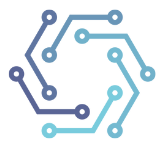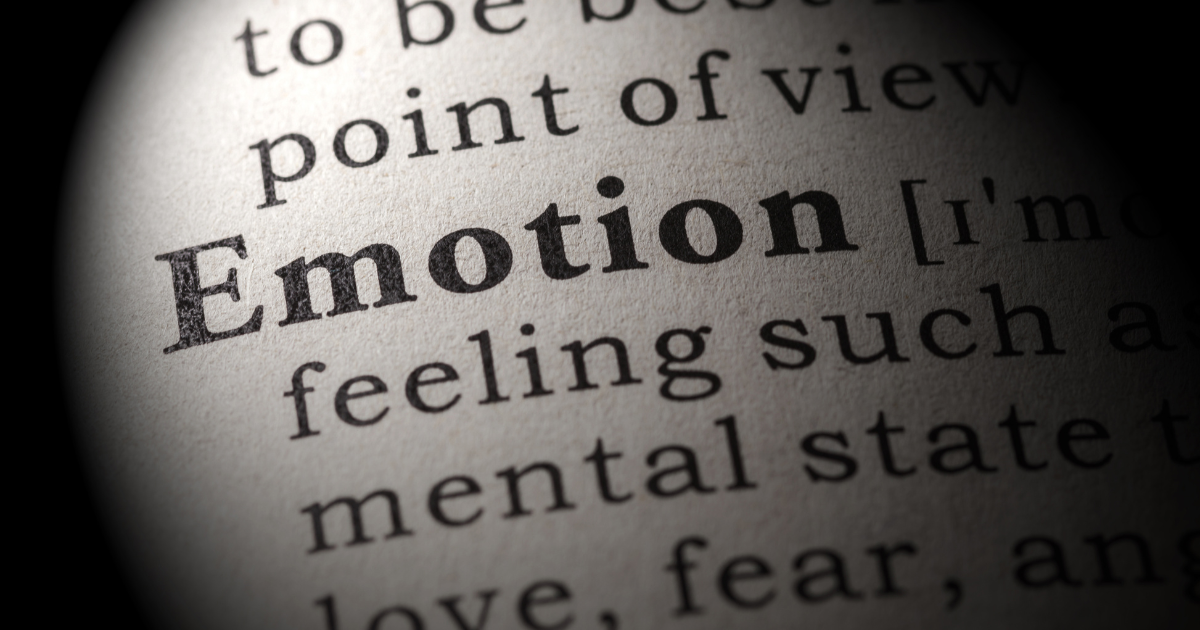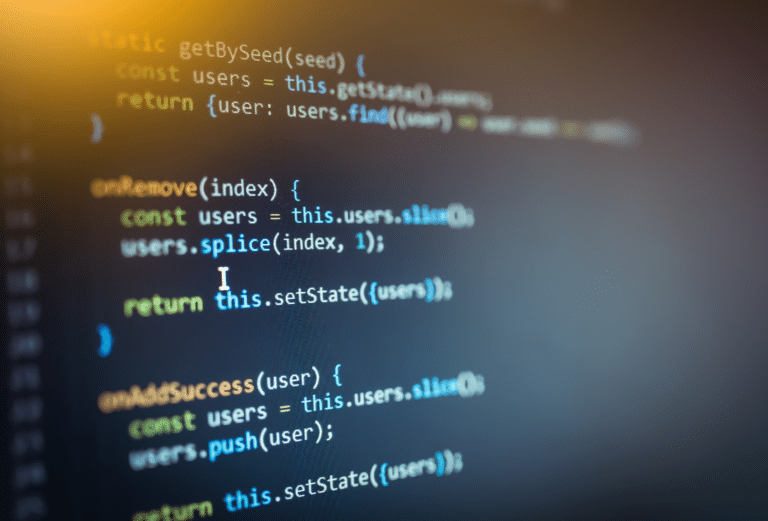Advantages and Disadvantages of Artificial Intelligence
Artificial intelligence is a topic that has generated a lot of debate in recent years. Some people believe that artificial intelligence will lead to the downfall of humanity, while others believe that it will be a force for good. So, what are the advantages and disadvantages of artificial intelligence? Let’s take a closer look.
Advantages of Artificial Intelligence
Automation
One of the main advantages of artificial intelligence is that it can help us to automate repetitive tasks. For example, if you are a cashier who has to scan the barcodes of the items someone is buying, an artificial intelligence system could be used to automate that task. This would free up your time so that you could do other things, such as helping the customer.
Fast and Efficient
Another advantage of artificial intelligence is that it can help us to make better decisions. AI systems can process large amounts of data very quickly and identify patterns that humans might miss. This can be very useful in areas such as medicine, where AI systems are being used to diagnose diseases and choose the most effective treatments.
Repetitive jobs/tasks-We’ve all heard of artificial intelligence or AI. It’s often portrayed in movies and television as this scary, futuristic technology that is going to take over the world and put humans out of work. But what exactly is AI? And how is it being used today?
Simply put, AI is a branch of computer science that deals with creating intelligent machines that can think and act like humans. While that may sound like something out of a sci-fi movie, AI is being used in a variety of ways in the real world, including helping people in repetitive jobs.
For example, many companies are now using AI-powered chatbots to handle customer service inquiries. These chatbots can understand natural language and respond to questions just like a human agent would. This frees up human agents to handle more complex issues while the chatbot takes care of the simple ones.
Helping Hand for Personal Use
AI is also being used to create virtual assistants, such as Amazon’s Alexa and Apple’s Siri. These assistants are able to understand and respond to commands, freeing up people’s time for other tasks.
So while AI may seem like something out of a dystopian future, it’s actually being used in a number of ways to help make our lives easier.
To Ramp up Advantages of Artificial Intelligence:
There’s no doubt that artificial intelligence (AI) is transforming the way we live and work. By automating repetitive tasks, AI is freeing up people’s time to focus on more creative and strategic pursuits.
And by providing employees with real-time feedback, AI is helping organizations nurture talent and drive better performance. But AI is also creating new opportunities for people with disabilities.
By enabling computers to interpret and respond to human speech, AI is making it possible for people who are deaf or hard of hearing to communicate more easily with the wider world.
And by providing access to information in a format that can be read by screen readers, AI is making it possible for people who are blind or have low vision to gain a greater level of independence. In short, AI is making the world a more inclusive place for everyone.
Disadvantages of Artificial Intelligence
Threat to Human Jobs
One of the main disadvantages of artificial intelligence is that it can lead to job losses. As AI systems become more advanced, they will be able to do more and more jobs than humans currently do. This could result in large numbers of people becoming unemployed.
Another disadvantage of artificial intelligence is that it can be used for bad purposes. AI systems can be used to create powerful weapons or to control people’s minds. If these systems get into the wrong hands, they could be used to cause a lot of harm.
Risk of Unemployment
As artificial intelligence becomes more advanced, there is an increasing risk that jobs will be automated out of existence. This is particularly true for jobs that are repetitive or require little human interaction, such as data entry or simple analysis.
While some people believe that this will lead to mass unemployment, others believe that it will simply result in a shift in the workforce. People will be needed to develop and maintain the artificial intelligence technology, and to oversee its implementation.
In addition, many jobs that cannot be automated will still require human interaction, such as customer service or sales. As a result, while there is a risk of unemployment associated with artificial intelligence, it is not likely to be as widespread as some people fear.
High Cost of Generation
The high cost of generating artificial intelligence is one of the major barriers to its widespread adoption. The process of creating AI generally involves feeding large amounts of data into algorithms in order to train them.
This data can be expensive to collect, and the process of training algorithms can be time-consuming and require significant computing power. As a result, AI remains largely the domain of big tech companies and research labs.
However, as the cost of computing power and storage continues to drop, it is likely that AI will become more affordable and accessible in the future.
No Emotions
It’s fascinating to think about what the future of Artificial Intelligence (AI) might hold. Some people believe that AI will eventually surpass human intelligence, while others believe that AI will always be limited by its lack of emotion.
Personally, I think it’s impossible to predict exactly how far AI will develop. However, I do think that AI will continue to grow in popularity and become increasingly sophisticated. As AI technology advances, it’s likely that emotion will become more and more important.
After all, most human decision-making is based on emotional factors. As AI begins to emulate human behavior more closely, it’s possible that emotions will become an essential part of AI. In any case, it will be interesting to see how AI evolves in the years to come.
Conclusion:
In conclusion, there are both advantages and disadvantages to artificial intelligence. On the one hand, AI can help us to automate repetitive tasks and make better decisions.
On the other hand, AI could lead to mass unemployment and be used for evil purposes. It is important to carefully consider these pros and cons before developing any further AI systems.
Though there are advantages and disadvantages to artificial intelligence, it is clear that AI is here to stay and will only become more prevalent in our lives. As we learn more about AI’s capabilities, we can start to utilize it in ways that benefit us the most.
What do you think about artificial intelligence? Do you believe the benefits outweigh the risks?












![What is Augmented Reality? | 11 Strategic Benefits of AR for Businesses [2023]](https://saaslyft.com/wp-content/uploads/2023/03/Untitled-design-37-768x309.png)
